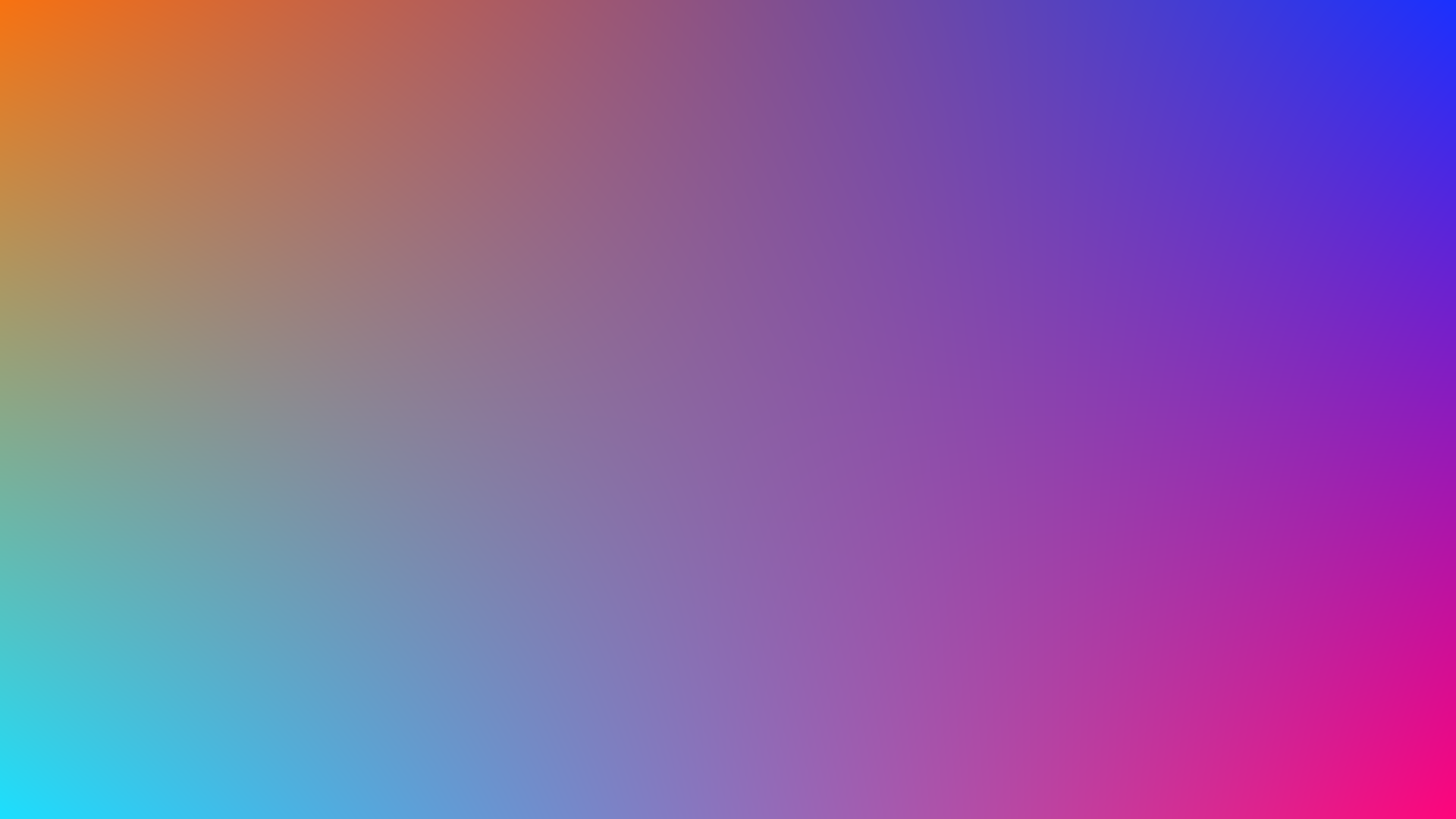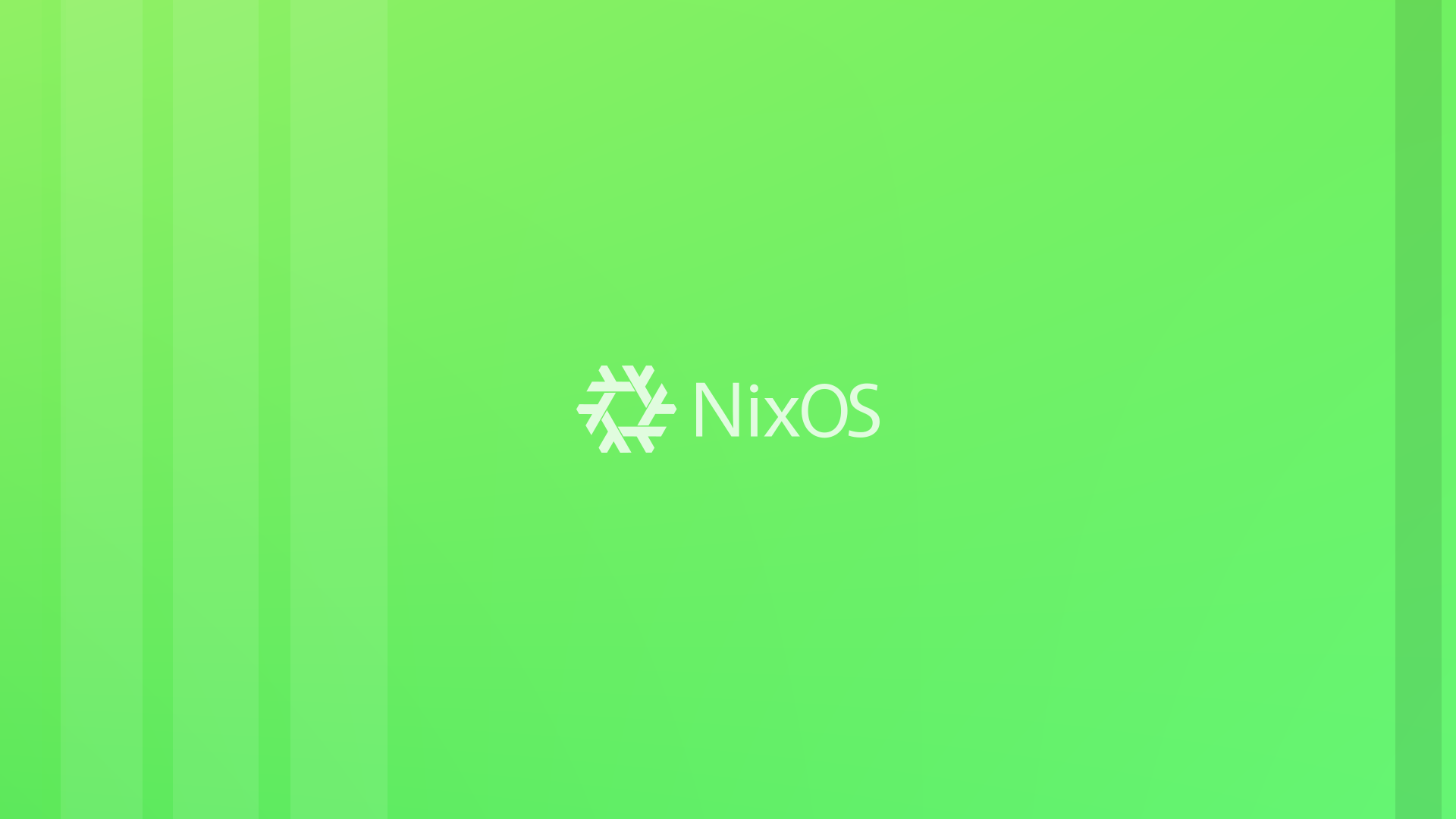huepaper - a colorful wallpaper generator

huepaper creates wallpapers based on color hues. Bring a little color in your life by randomness, because every huepaper is truly unique.
You can find examples below.
Installation
Nix
This project is a Nix Flake. If you have a recent version of the Nix package manager installed and Flakes are enabled, run huepaper like this:
$ nix run github:Deleh/huepaper
Parameters can be passed by appending a double-dash:
$ nix run github:Deleh/huepaper -- -hue 0.5 --color lightblue
Global installation can be done by including this flake in your flaked NixOS configuration as always :)
Legacy
Execute the following steps to run huepaper:
$ pip install -r requirements.txt $ ./huepaper.py
#+end_example
To install it in your Python environment run:
$ python setup.py install
Usage
usage: huepaper [-h] [-s SIZE] [-c COLOR] [-np] [-o OUTPUT] [-l [LINES]] [-lb [LINES_BRIGHT]] [-ld [LINES_DARK]] [-P [PIXELATE]] [-e EMBLEM] [-hue HUE] [-smin SMIN] [-smax SMAX] [-lmin LMIN] [-lmax LMAX]
Create wallpapers based on color hues.
optional arguments:
-h, --help show this help message and exit
-s SIZE, --size SIZE size of huepaper in the form WIDTHxHEIGHT (default: 1920x1080)
-c COLOR, --color COLOR
base color from which the huepaper is generated (default: random color)
-np, --no-preview don't preview the huepaper
-o OUTPUT, --output OUTPUT
filepath where the huepaper will be saved
-l [LINES], --lines [LINES]
include one to three random lines in base color with given opacity in range [0, 1] (default: 0.3)
-lb [LINES_BRIGHT], --lines_bright [LINES_BRIGHT]
include one to three bright random lines with given opacity in range [0, 1] (default: 0.1)
-ld [LINES_DARK], --lines_dark [LINES_DARK]
include one to three dark random lines with given opacity in range [0, 1] (default: 0.1)
-p [PIXELATE], --pixelate [PIXELATE]
pixelate image with WIDTHxHEIGHT (default: 16x9)
-e EMBLEM, --emblem EMBLEM
emblem to add in the center of the huepaper
-hue HUE maximum hue to differ from given color in range [0, 1] (default: 0.1)
-smin SMIN minimum saturation for colors in range [0, 1] (default: 0.2)
-smax SMAX maximum saturation for colors in range [0, 1] (default: 1.0)
-lmin LMIN minimum luminance for colors in range [0, 1] (default: 0.2)
-lmax LMAX maximum luminance for colors in range [0, 1] (default: 0.9)
All image operations are called in order of the help file. E.g. pixelate (-p) is called after adding lines (-l).
If you set the color via -c it is not guaranteed, that it is included in the huepaper.
Colors, similar to the given one are chosen.
You can specify how far the colors differ in the hue range with the -hue parameter.
Valid color expressions are e.g. #F5F5DC, #0f0, ffff80 and red.
Make sure, that colors beginning with a # are encapsulated in quotes.
All supported color names can be seen here.
If you use the -e argument to specify an emblem, make sure it has the correct size.
It is not scaled or stretched, just placed in the center of the image.
If you want an offset, e.g. put it in the left bottom corner, provide an emblem file with the size of the huepaper, transparent background and your emblem in the bottom left corner.
Examples
Please note, that every huepaper call generates a new random image. You will never get the same huepaper twice. You may like some and dislike others. Fiddle around with the options to find a result, you are happy with.

$ huepaper

$ huepaper -c lightgreen

$ huepaper -c "#ff7f50" -lb 0.05

$ huepaper -hue 1.0 -lmin 0.3 -lmax 0.6 -smin 0.8 -smax 1.0

$ huepaper -hue 0.3 -lmin 0.5 -lmax 0.5 -l 0.5 -P 64x36

$ huepaper -l -lb -ld -e nixos.png